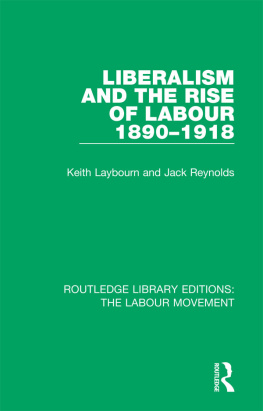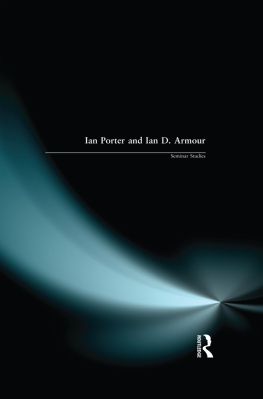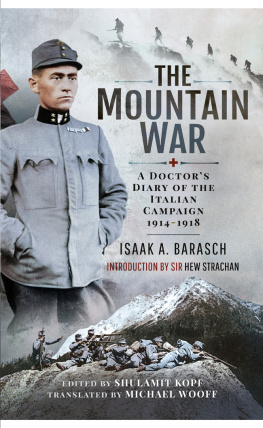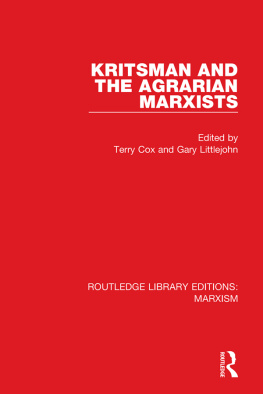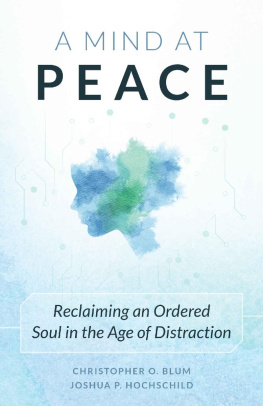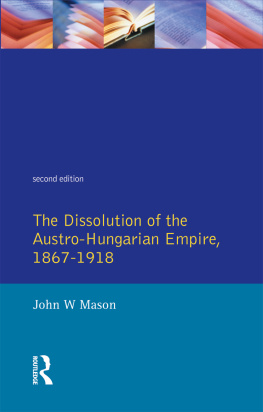Mark E. Blum - The Austro-Marxists 1890--1918
Here you can read online Mark E. Blum - The Austro-Marxists 1890--1918 full text of the book (entire story) in english for free. Download pdf and epub, get meaning, cover and reviews about this ebook. year: 2021, publisher: UP of Kentucky, genre: Politics. Description of the work, (preface) as well as reviews are available. Best literature library LitArk.com created for fans of good reading and offers a wide selection of genres:
Romance novel
Science fiction
Adventure
Detective
Science
History
Home and family
Prose
Art
Politics
Computer
Non-fiction
Religion
Business
Children
Humor
Choose a favorite category and find really read worthwhile books. Enjoy immersion in the world of imagination, feel the emotions of the characters or learn something new for yourself, make an fascinating discovery.

- Book:The Austro-Marxists 1890--1918
- Author:
- Publisher:UP of Kentucky
- Genre:
- Year:2021
- Rating:3 / 5
- Favourites:Add to favourites
- Your mark:
- 60
- 1
- 2
- 3
- 4
- 5
The Austro-Marxists 1890--1918: summary, description and annotation
We offer to read an annotation, description, summary or preface (depends on what the author of the book "The Austro-Marxists 1890--1918" wrote himself). If you haven't found the necessary information about the book — write in the comments, we will try to find it.
The Austro-Marxists 1890--1918 — read online for free the complete book (whole text) full work
Below is the text of the book, divided by pages. System saving the place of the last page read, allows you to conveniently read the book "The Austro-Marxists 1890--1918" online for free, without having to search again every time where you left off. Put a bookmark, and you can go to the page where you finished reading at any time.
Font size:
Interval:
Bookmark:
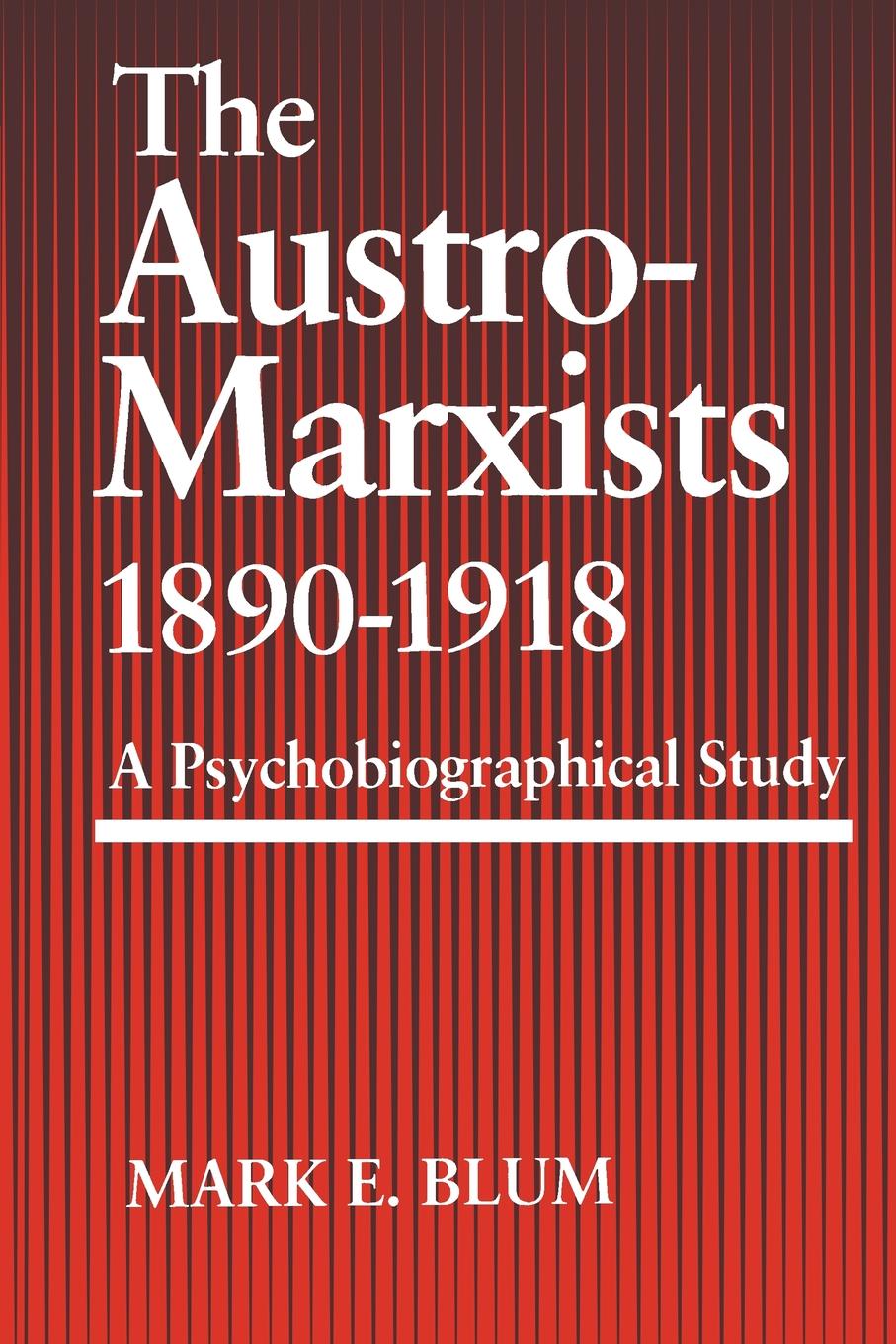
THE AUSTRO-MARXISTS 1890-1918
THE AUSTRO-MARXISTS 1890-1918
A Psychobiographical Study
MARK E. BLUM

Copyright 1985 by The University Press of Kentucky
Scholarly publisher for the Commonwealth,
serving Bellarmine College, Berea College, Centre
College of Kentucky, Eastern Kentucky University,
The Filson Club, Georgetown College, Kentucky
Historical Society, Kentucky State University,
Morehead State University, Murray State University,
Northern Kentucky University, Transylvania University,
University of Kentucky, University of Louisville,
and Western Kentucky University.
Editorial and Sales Offices: Lexington, Kentucky 40506-0024
Library of Congress Cataloging in Publication Data
Blum, Mark E.
The Austro-Marxists, 18901918.
Includes index.
1. CommunistsAustriaBiography. 2. Communism and intellectualsAustriaHistory. I. Title.
HX254.5.B45 1985 335.40922 [B] 84-13036
ISBN 978-0-8131-5131-1
To Adam and Becky
Contents
Acknowledgments
Ottokar Odlozilik, a historian whose seminar on historical consciousness provided the seminal ground for the psychobiographical approach, is remembered for his wisdom and generosity. Susan Bockius Payne, whose understanding supported me from the earliest conception to the finished work, has my gratitude, as do Paul Pezzotta and Patricia Wilhoyte, whose thoughtful comments helped me shape the final version.
My research was aided by Otto Bauer, the librarian of the Buttinger Library. The Instituut voor Sociale Geschiedenis in Amsterdam made available original documents from the Karl Kautsky Archive. David Hart, an analytical psychologist, was a standard for me in the humanistic treatment of personality from several psychological perspectives.
My thanks go also to the Academic Publications Committee of the University of Louisville, who supported the final manuscript, and to Sharon Mills who spent so many hours supervising the typing and editing of its many drafts.
Introduction
The Austro-Marxists, Karl Renner, Otto Bauer, Max Adler, and Friedrich Adler, were the second generation of the Austrian Social Democratic party, founded in 1889 by Victor Adler (Friedrichs father) and other German-Austrian Social Democrats in an attempt to bring together the various nationalities of the Austrian Empire. Any deviation from the fundamental structure of orthodox thought was made at the risk of expulsion from the party, or at least strong public censure by party members. One of the first appearances of the Austro-Marxists in the arena of Marxist ideological controversy was Max Adlers attack on the German Social Democrat Edvard Bernstein, as well as his own Austrian party fathers, for their questioning of the Marxist concept of class warfare.
The Austro-Marxists felt both the stimulation of Marxist interdisciplinary ideation and the pressure to conform to the orthodox concepts of Marxism more than had their party fathers, who relied on them to provide the ideas that could forge the new socialist world. The founders of the Austrian Social Democratic party were not theoreticians, though ideas were central to their values and vision of society. They were, rather, astute political organizers, whose energies were consumed in the creation of a coherent political party with a membership worthy of a national party. They bequeathed the herculean task of interpreting everyday reality in a Marxist mode to their progeny (Nachwuchs).
Devoting a lifetime to this task, the Austro-Marxists furthered thinking in every realm of individual and social life, from theories of knowledge and personal identity to interpretations and constructs of political, legal, and social reality. The breadth of their vision was prompted not only by the ambitious character of Marxism; additionally, the intellectual ferment of the Austrian Empire in the decades before World War I demanded that anyone who dared to present views of life and society have a familiarity with the most significant thought in every domain of knowledge. The intellectuals who developed new ideas and established movements of thought in the natural sciences, humanities, and social sciences in the quarter century before World War I were legion in Vienna. The competition to excel intellectually was felt by Viennese youth even while they were secondary students, and every youth who aspired to high culture had not only to become an encyclopedist in a particular subject but to contribute new syntheses of existing ideas, if not original thought.
The stimulation and constraint placed on the Austro-Marxists by the orthodoxies and norms of Marxism, Austrian Social Democracy, and the Austrian intelligentsia created a pressure to bring ideas to public attention before they were fully developed. Undeveloped ideas were liable to withering criticism or stultifying adulation; contemporaries of the Austro-Marxists, such as Sigmund Freud and Franz Kafka, and later Ludwig Wittgenstein, chose relative seclusion and noncommunication for long periods of their lives so their ideas could mature. The Viennese painter Gustav Klimt was said to have lost his creative spirit when he had to face the public clamor that surrounded his work, so vocal and incessant was public discussion of a creative persons vision. A political personality, however, does not have the luxury of withdrawal from the public. The Austro-Marxists found immediate status and prominence in the political-intellectual world by publishing in the socialist organs of their day, but the easy access and waiting readership interfered with the thoroughness, clarity, and logic of each mans ideation. Thought for them became increasingly eclectic over their careers and less and less based on facts. There was a positive side to their reaction to the public readiness for their work: they understood the need to be current and literate in discussion and were aware of their roles as social educators. They took care to offer cogent reviews of contemporary social thinkers who were close to or in conflict with their thought, and they presented their ideas with a historical depth that enabled a reader to comprehend the background and continuity of social problems.
The problems the Austro-Marxists addressed still exist in culture: ethnicity and integration, the integrity of the individual within a cohesive or noncohesive community, the means and methods of achieving equity within the social-economic order, and the many epistemological, axiological, and social scientific issues associated with improving the quality of life. Their consideration of these problems was seminal. Even today the directions of their thought are promising, but their thought was never fully developed either in words or actions. Instead, they used ideas prematurely as vehicles for social mobility, helping them gain recognition and security in their environment, distorting the thought into a metaphorical expression that served many purposes. A study of the individual Austro-Marxist in his milieu will enable us to see the difficulties that have always faced an individual who strives to improve his culture from a theoretical perspective. The mixing of personal needs with public actions, an almost inescapable consequence of public life, creates a strain on scientific inquiry and expression. Facts are selected and shaped to serve personal preference, and preference is a condition of both conscious and unconscious needs. The result is a politics of metaphor which is clear to neither the agent nor his audience and in which what is stated is incongruent with what is done, for how can one possibly act congruently with a metaphor? Can a political thinker ever formulate unambiguous solutions so that both he and his constituents can implement an idea and evaluate its consequences? Probably not, but there is a continuum of conscious responsibility in statement and act which may distinguish a politics of semantic and behavioral integrity from a politics of metaphor. Normally, the literal meaning of ideas guides a society in the establishment of norms for everyday reality and in the maintenance of social institutions. Even when the literal meaning is diluted or strengthened by poetic allusion, or deformed by the language evasions that Sigmund Freud saw so well both in medical practice and on the streets of Vienna, the life of the body politic is governed by the implicit semantic definiteness upon which the less definite statement arose. Society is an achievement of common understanding among people. Semantic definiteness is a necessity in order to achieve the division of labor and the duration of activities that enable a peoples survival and creation of a mutually satisfactory pattern of life.
Font size:
Interval:
Bookmark:
Similar books «The Austro-Marxists 1890--1918»
Look at similar books to The Austro-Marxists 1890--1918. We have selected literature similar in name and meaning in the hope of providing readers with more options to find new, interesting, not yet read works.
Discussion, reviews of the book The Austro-Marxists 1890--1918 and just readers' own opinions. Leave your comments, write what you think about the work, its meaning or the main characters. Specify what exactly you liked and what you didn't like, and why you think so.

